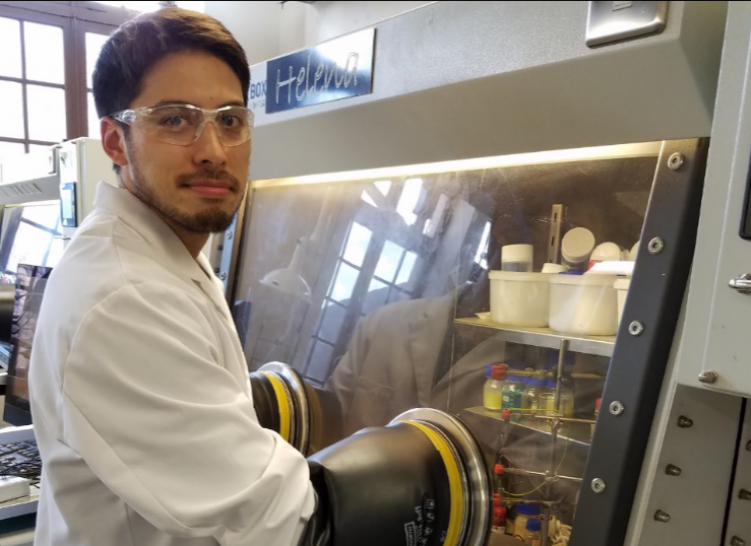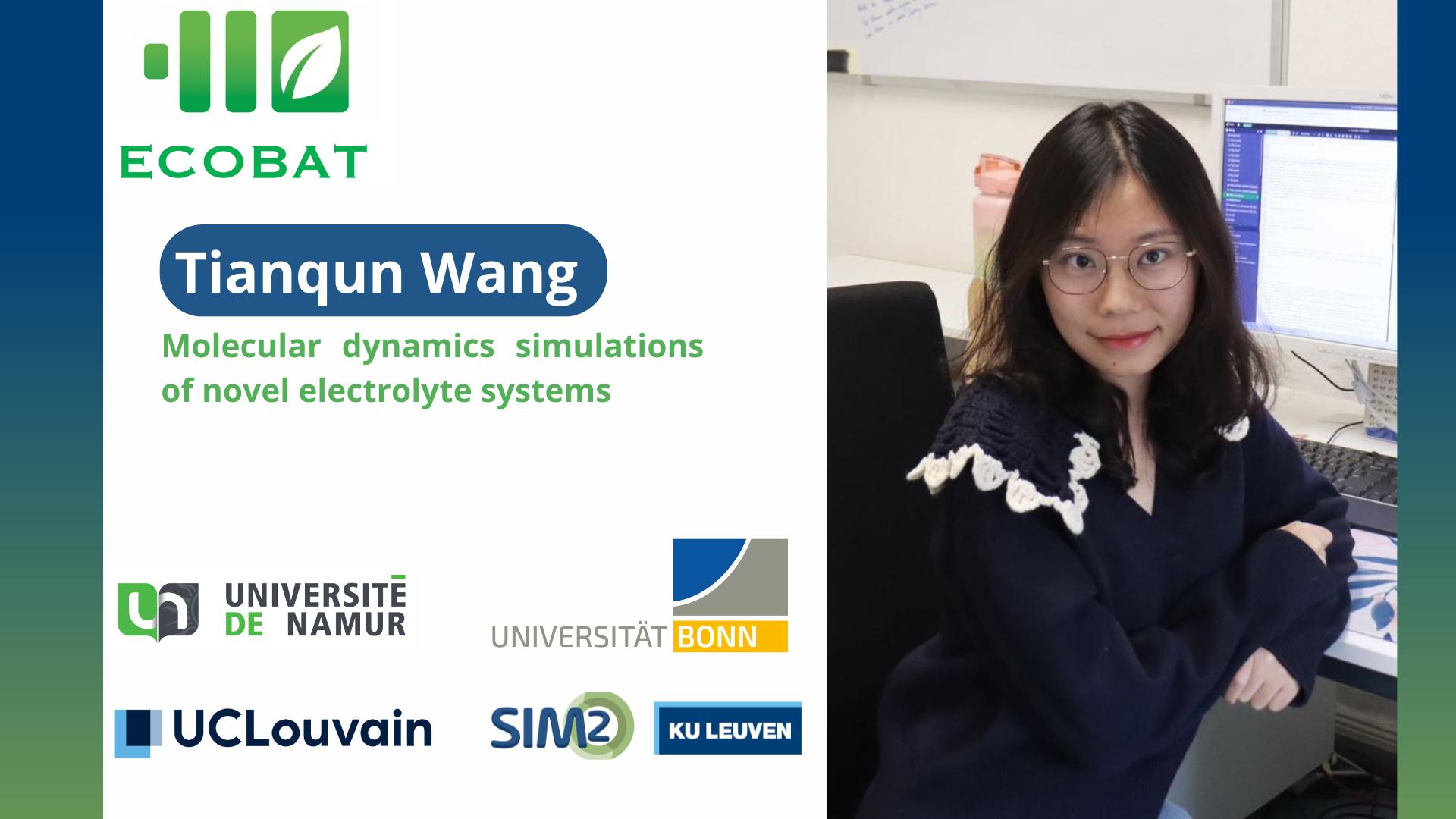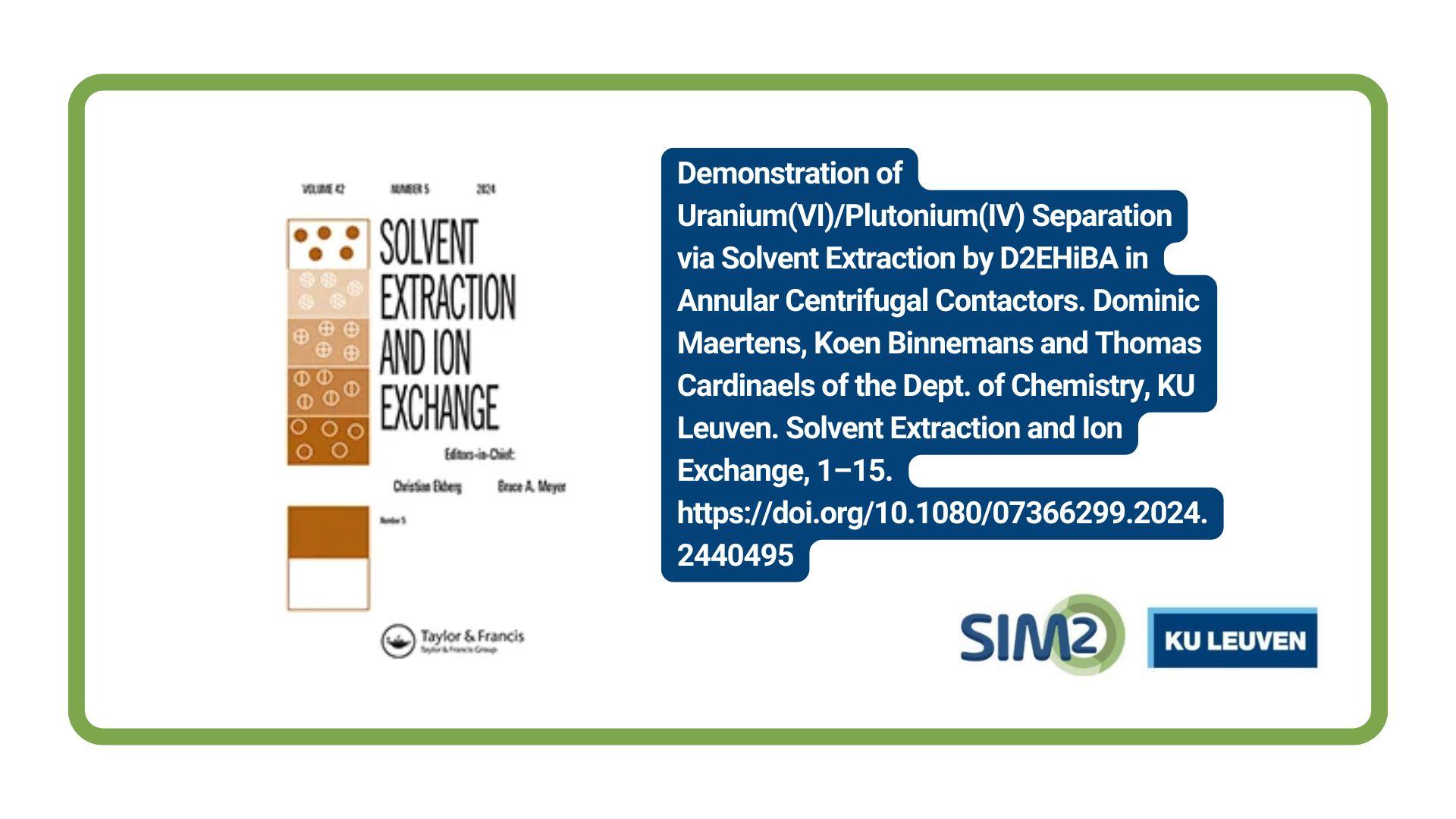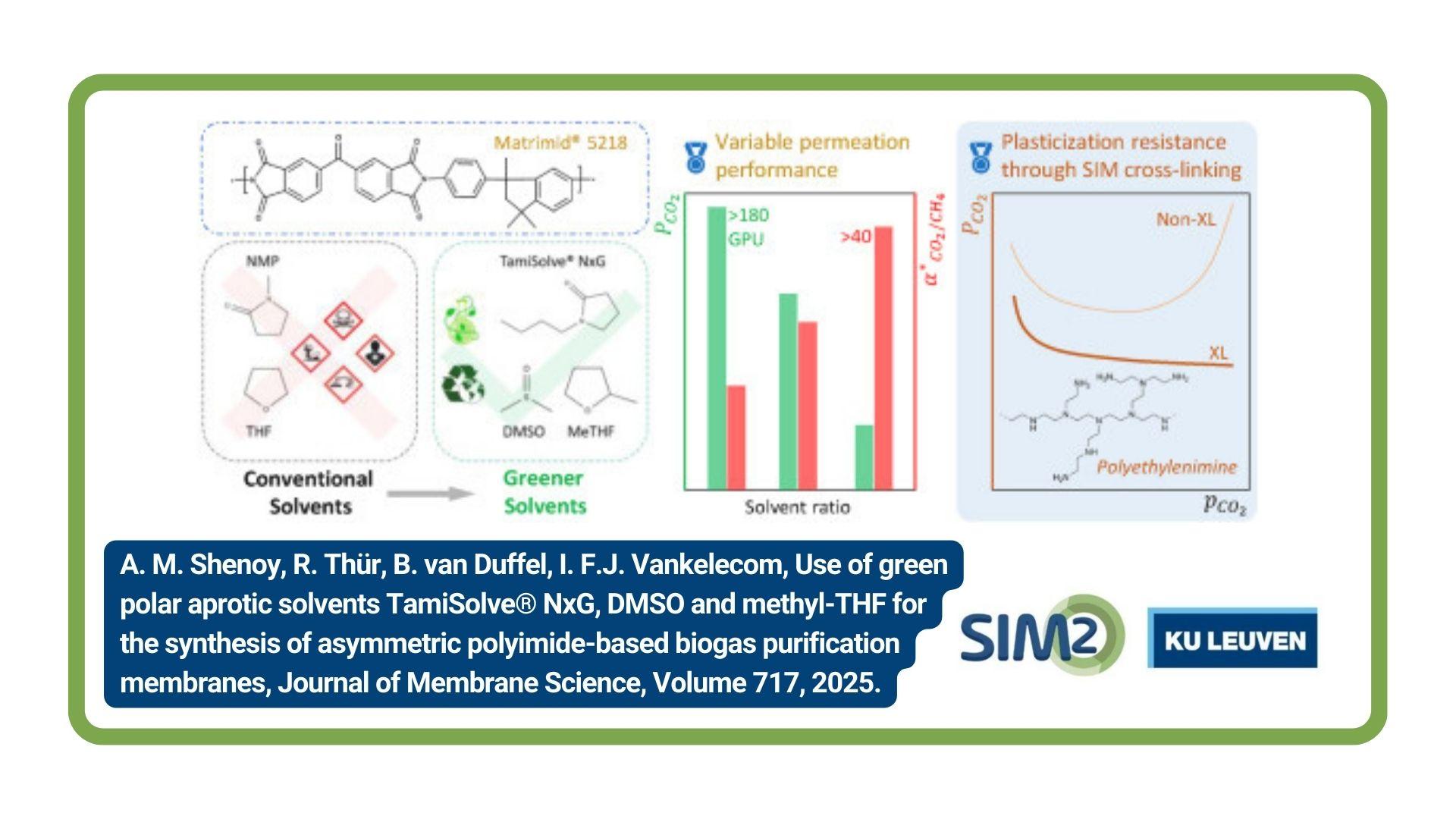Dr. Siggi Wodarz works as a postdoc at SIM² KU Leuven in the context of the ERC Advanced Grant project SOLCRIMET (Binnemans). Guided by Prof. Jan Fransaer and Prof. Koen Binnemans he investigates the electrodeposition of critical metals, such as rare earths, from non-aqueous solvents in view of critical metal recovery through the use of solvometalurgy. (Leuven, 18-4-2018)
Why did you choose to work in Belgium?
After I finished my Ph.D. in Japan, I realized that I wanted to gain and develop more in-depth knowledge and to challenge myself as a researcher, and the best way was to work as a postdoctoral fellow. I wanted to continue my research in the field of electrochemistry, and I was lucky to have an opportunity to apply for a postdoctoral fellow of the project of Prof. Fransaer and Prof. Binnemans in KU Leuven. Also, Leuven is an ideal place to work because it is close to Cologne, my second hometown, in Germany (My father is German, and my mother is Japanese).
What are you working on?
The SOLCRIMET project focuses on developing an environmentally friendly new metallurgical approach for recovering critical metals from the pre- and post-consumer waste. Within SOLCRIMET project, I work on electrodeposition of critical metals, such as rare earths, from non-aqueous solvents. Electrodeposition is an environmentally friendly technique to deposit metal onto a conductive substrate from a solvent containing metal ions by applying voltage/current to the substrate under ambient conditions. Non-aqueous solvent exhibit wider potential window compared to that of aqueous solvent, enabling electrodeposition of rare earths; because rare earths have large reduction potential and some of them exhibit high reactivity towards water. In order to electrodeposit rare earths, the optimization of electrolyte condition, such as structure of metal complex and selection of solvent, will be one of the main challenges in this research.
What attracts you in the research project you are working on?
The environmentally friendly concept aimed at reducing/recycling the industrial waste attracts me and the social impact of this project is motivating to work on this project. It also has many technical challenges giving me a chance to test and to grow as a researcher. Working with people gathered from the world with different expertise is also very interesting for me, which enables us to share not only scientific knowledge but also cultural background.
What helps you to overcome the difficulties of life?
Think positive and try to enjoy it. Even if I had a boring office work, I always try to think that everything has meaning which will be useful someday. If I cannot solve it by myself I talk about my worries with my friends or my family. Their encouragements and kind suggestions have helped me to overcome difficulties many times. Also, if I am come up against a brick wall, I forget about the problems at that time and go to the gym and exhaust myself to clear my mind. Sometimes it will unexpectedly create new ideas.
When are you the happiest?
I’m happiest when I’m around those that I love: my wife, family and good circle of friends. Talking and laughing with them clear my mind of work-thoughts and give me joy of happiness.
How do you recharge?
For quick recharges I go to a gym, listen to music, watch movies, and spend time with friends or family. For hard recharges, I travel to other countries because I love traveling and experiencing other cultures. I had little opportunity to travel Europe while I was in Japan, so I would like to visit various countries during my stay in Leuven. Also, I am a huge fan of hard rock and heavy metal music, so I often go to a live concert or festivals.
Bio Siggi Wodarz

Siggi Wodarz was born in Yokohama (Japan) in 1989. He got bachelor’s and master’s degrees in applied chemistry in Waseda University, Japan. In 2014, he continued his Ph.D. in Waseda focusing on fabrication of ferromagnetic nano-structure by electrochemical method for the application in an ultra-high-density magnetic recording media. In April 2017, shortly after finishing his Ph.D., he continued his research of “ISS-JAXA (International Space Station-Japan Aerospace Exploration Agency) Facility [KIBO] Feasibility Study Theme” at Waseda focusing on electrode/electrolyte interface phenomena of space battery in microgravity environment, particularly analysis of growth of lithium dendrite. In April 2018, he started working under supervision of Prof. Jan Fransaer and Prof. Koen Binnemans on the SOLCRIMET-project (Solvometallurgy for Critical Metals). His main research is the development of electrochemical synthesis system of critical metals from non-aqueous solvent.





